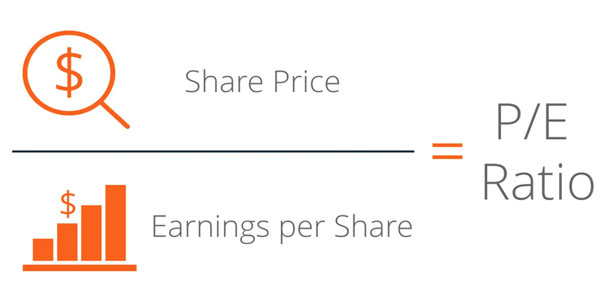It is important to remember that falling behind on your mortgage payments can have a far more significant impact on your credit score than failing to pay your rent on time. If you are unable to make the necessary payments, it may potentially put your house at risk. However, you have a few choices available to you, such as a forbearance arrangement, which can buy you some time to figure things out, or a deed instead of foreclosure if it's clear that the situation can't be saved.
What Consequences Do You Face When You Become Behind?

After a grace period of 15 days has expired and you still have not made your payment, you will first be subject to a late payment fee. If, after 30 days, you are still unable to make the required payment on your loan, the loan will be considered to be in default. When this happens, your lender will notify the credit bureaus that you have a past-due payment, immediately affecting your credit score.
Should You Not Manage to Keep Up

The foreclosure process will begin when you have been behind on your mortgage payments for 120 days or longer.2 At this point, the lender will take control of the home and remove you from the property. The specific legal procedure that must be followed differs from state to state. The mortgage lender intends to sell the house and use the money to pay down whatever debt is left on your mortgage.
The fact that you are no longer liable for the remaining balance on loan may give the impression that this is the best solution to the issue. Still, if the sales revenues are insufficient to pay off the whole loan sum, you may be compelled to pay the difference. This is known as a "deficiency judgment," which makes your lender take extra-legal action4.
Alternatives, in Case You Can't Pay
Get in touch with the mortgage company as soon as possible to find out if any programs may be of assistance to you and find out if they are accessible. Depending on where you reside and whether or not you are behind on the loan payments, you may be able to refinance for a lower price or qualify for a temporary decrease in the amount you are required to pay each month.
Here are some more possibilities to consider:
Forbearance Plan:
Provided you are coping with a temporary difficulty, and this enables you to make lower payments, or occasionally even no fees, for some time if you qualify for the program.
Deed-In-Lieu-of-Foreclosure:
You can voluntarily transfer ownership of your property to the lender in exchange for the cancellation of some or all of your outstanding debt. This is typically your only viable alternative if you are facing immediate foreclosure.
Avoid Getting Behind In Your Work
You might also try to discover a strategy to boost the money you bring in. Getting part-time or even full-time work on the side might be beneficial. If your issue is one of temporary income, doing a few temporary jobs might assist you in maintaining your current living situation and preventing you from sliding further behind.
- Depending on the specifics of your case, taking in a roommate might also be an alternative for you to consider. Before purchasing a property, double-check that you are in a stable financial position. There are a few possible stages involved here:
- Put more money aside for a more significant initial payment. This will offer you equity in your house from the very beginning and reduce the likelihood that you will ever owe more on your mortgage than your property is now worth.
- Pay off some of your loans initially. Getting rid of debts such as credit cards, school loans, and other loans before purchasing a home allows for more discretionary income and makes it simpler to keep up with mortgage payments.
- Make sure that the house you buy is within your financial means. If you spread yourself too thin, you risk becoming overwhelmed by your house payment. This is especially true if there is a change in your income or if an unexpected need demands additional dollars. Do the math before applying for a mortgage to ensure you can pay the monthly payments.
You should break even on purchasing a property by remaining in it for at least five years after investing. If you're buying a property as a "starter," you could have longer-term real estate goals. You need to ensure that you take into account the fact that you will be required to relocate if you work in a field that demands it.
watch next


